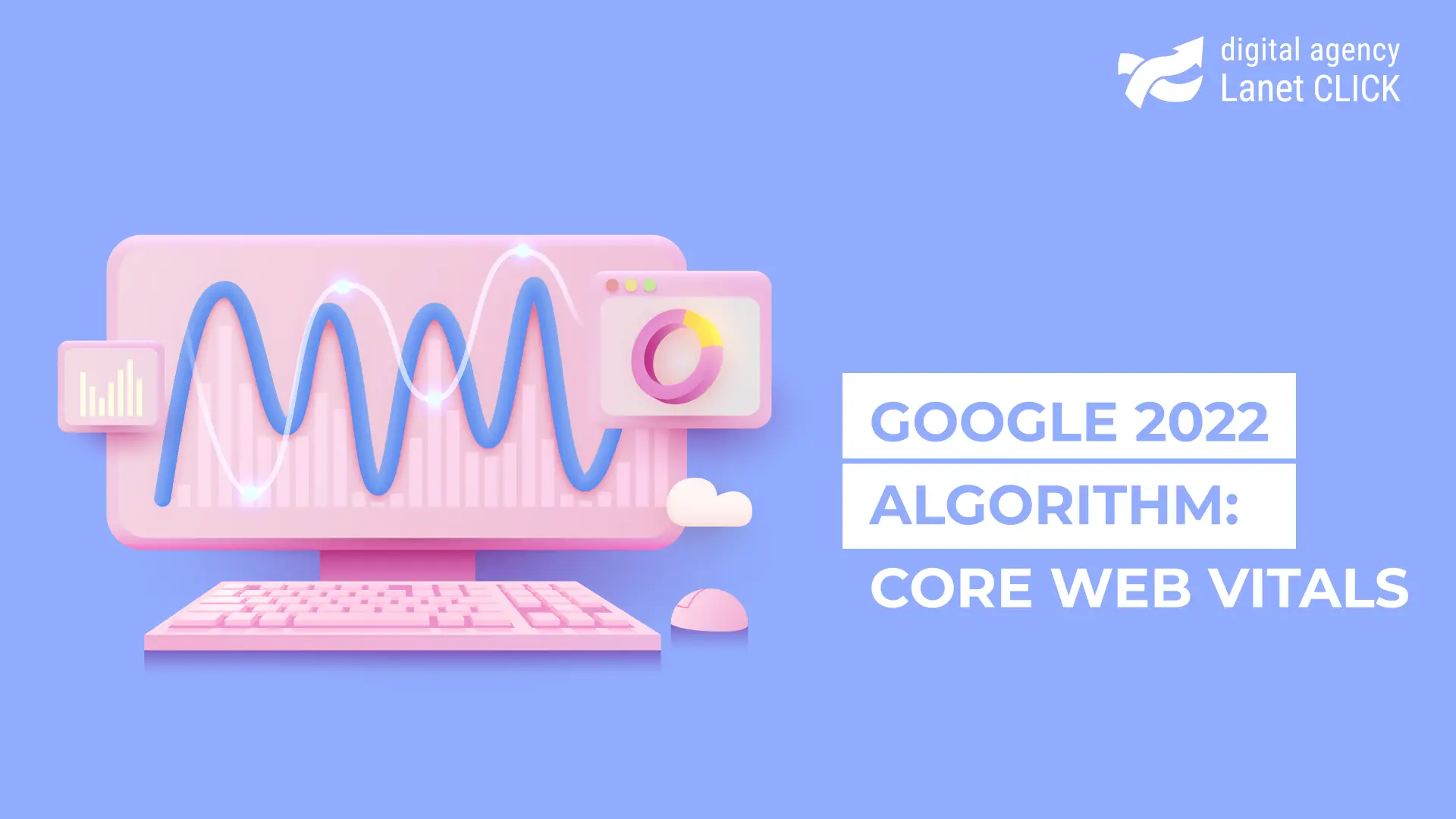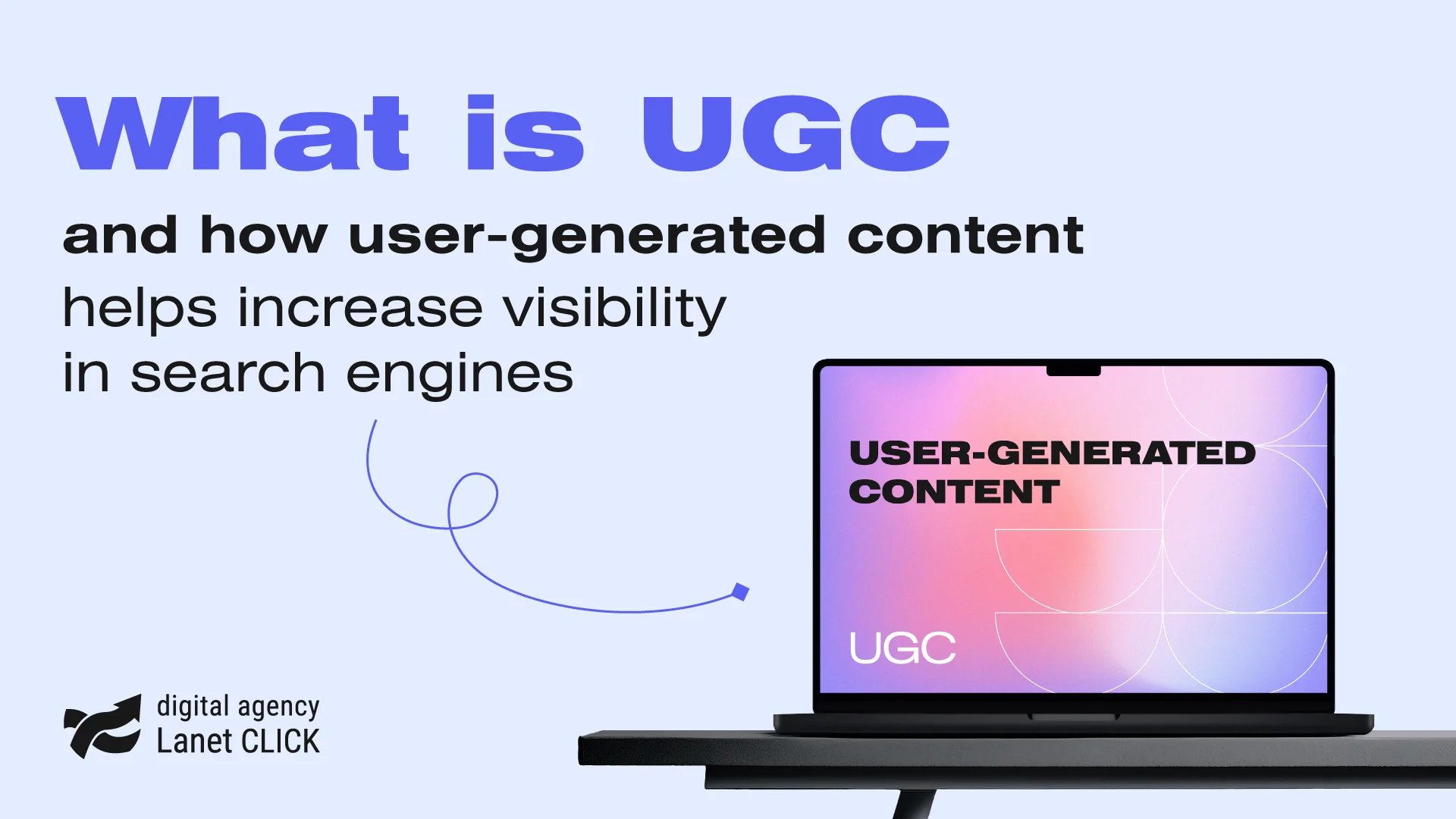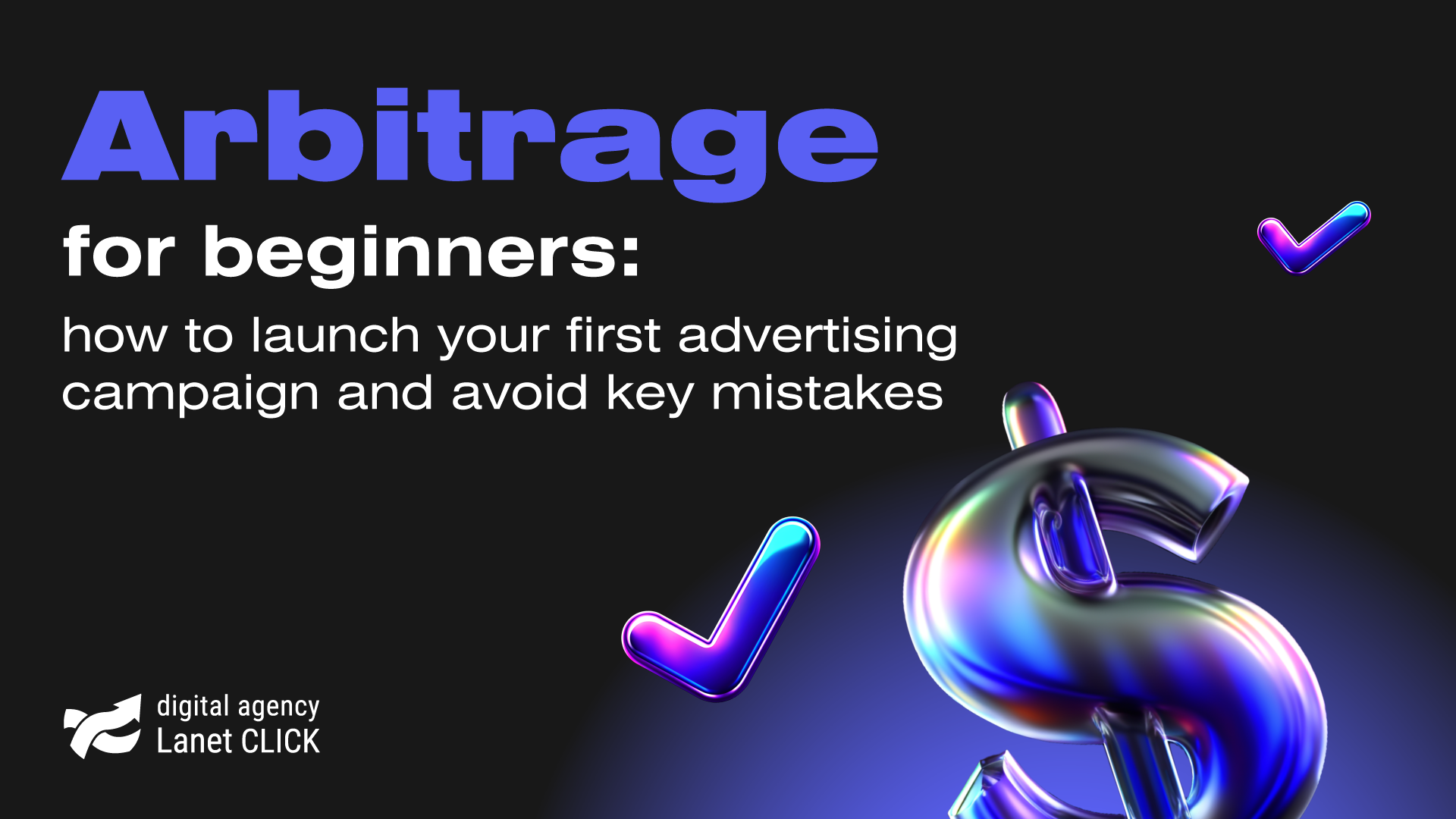
How to properly engage customers on Instagram Direct
Instagram Direct is an opportunity for businesses to build direct communication with customers, which many use for clarifications before making […]


Google regularly releases new and improved old algorithms to improve the quality of its search engine. So, in the summer of 2021, Core Web Vitals metrics were launched. What they affect and how to test and improve them — let’s discuss in the material.
Core Web Vitals is a set of metrics for measuring user’s experience, on which depends website optimization. It includes three parameters — speed, interactivity, and stability of website’s layout.
Google is interested in quality content and aims to ensure that search engine results meet users’ needs. If a person receives relevant content, he will return and will not look for other search engines to replace it. At the same time, Google gets paid for advertising: the more views, the better. Therefore, it is important for the company that users stay on the websites as long as possible, as advertising banners also bring income. It may seem that in such way, Google makes the work of webmasters and website owners more difficult. However, in reality, with the right approach, it will benefit everyone. A convenient and fast website will get higher positions and will attract more users.

As mentioned above, Google’s Core Web Vitals includes three metrics.
LCP metrics is aimed for measuring download speed. Although Google’s algorithm used to be important as well, the search engine will now focus more on it. The best time to open a page is 2.5 seconds. The average value is from 2.5 to 4 seconds. At the same time, web resources that open for more than four seconds will be lower in search results.

FID metric counts the time the user waits after clicking on the website and until the browser interacts. With the growth of this indicator, the number of failures increases. Yes, the user does not want to wait long, so goes to competing pages. A value of more than 300 milliseconds is considered critical.

CLS is the third metric of Google Core Web Vitals search algorithm. It means the time during which all page’s elements load and stop shifting relative to each other. When a user quickly presses a button or link on a page, and it moves down or to the right at the last minute, he gets what he didn’t plan. This is due to the fact that the dimensions of some elements are not immediately determined and, as they are loading, they visually move other blocks.

You can test Google Core Web Vitals algorithms with several services:
In order the website meets Google’s new search algorithms, SEO specialist, web developer or website owner should:
Though it takes time to update Google 2022 metrics algorithm, improving them will help you get higher in search engine rankings.

Instagram Direct is an opportunity for businesses to build direct communication with customers, which many use for clarifications before making […]

User-generated content has become an effective digital marketing tool for increasing user engagement, building a loyal audience, and advancing search […]

Traffic arbitrage has become one of the most popular ways to advertise products or services online, attracting both experienced marketers […]
A good strategy, perfectly selected digital tools, and their effective application will allow the business to increase profits, grow the customer base, and form recognition and loyalty. Do you want something like that? Contact us.
You have taken the first step towards effective online marketing. Our managers will contact you and consult you soon.